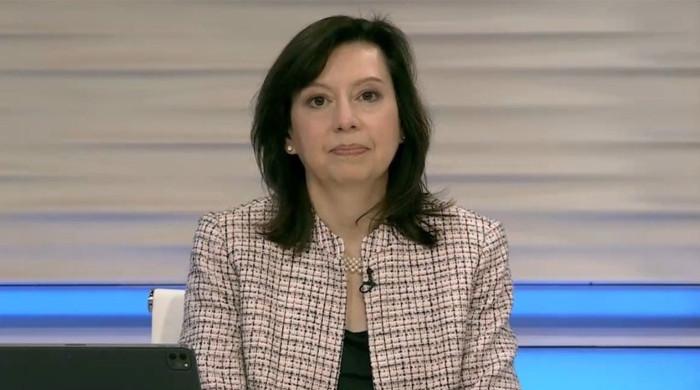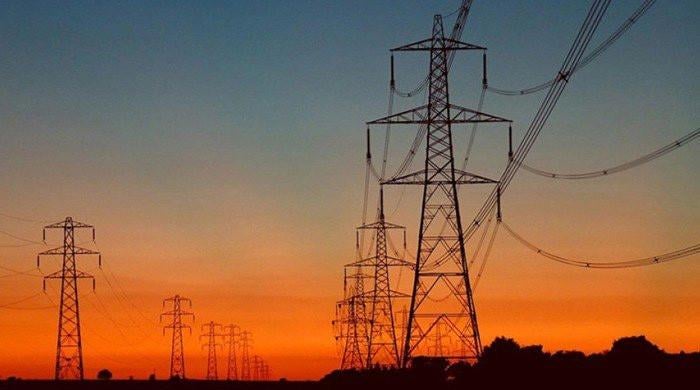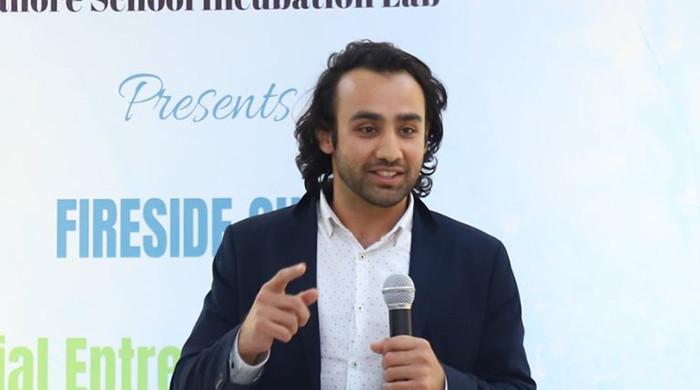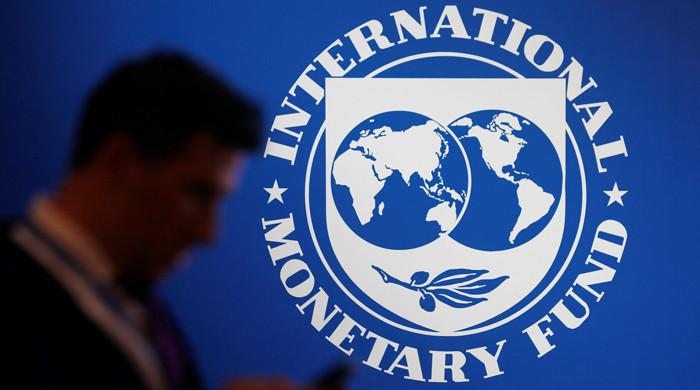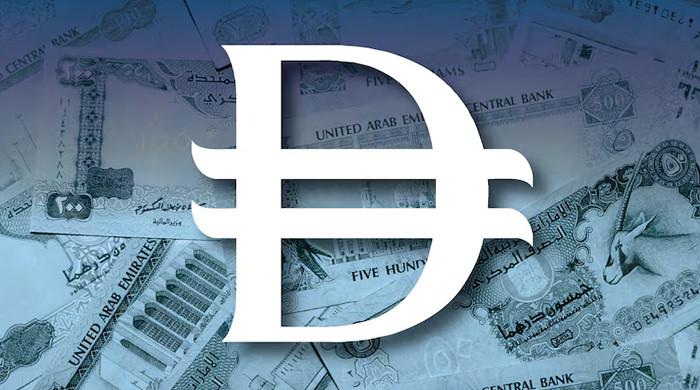PM calls for urgent fix to sales tax hurdle in refineries upgrade projects
Premier directs Petroleum Division to resolve sales tax exemption issue with stakeholders in two weeks
December 04, 2024
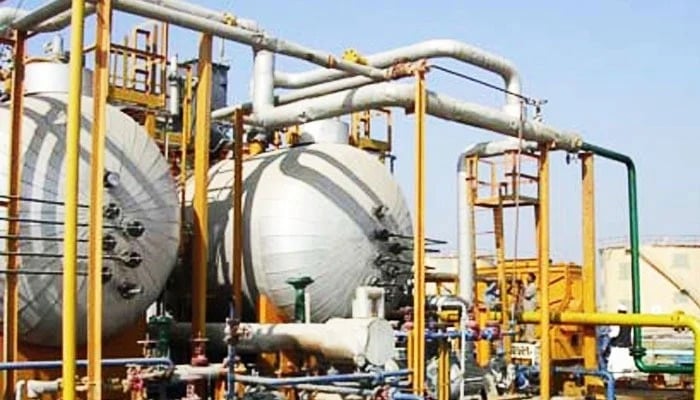
- IMF rejects 1-2% sales tax proposal and calls for 18% tax on fuel.
- 18% sales tax could increase petrol price by Rs45 per litre.
- Annual $1 billion forex loss attributed to refinery upgrade delays.
ISLAMABAD: Prime Minister Shehbaz Sharif has taken notice of the impasse surrounding the non-implementation of the Brownfield Policy, which aims to upgrade local refineries to produce petrol and diesel meeting Euro-V specifications, The News reported.
“PM has directed Petroleum Division to hold a meeting with Finance Division, FBR and Ogra to evolve a consensus in view of difference of opinion among stakeholders within two weeks to resolve the sales tax exemption issue,” a senior official of Energy Ministry told The News.
The issue stems from a budgetary measure included in the FY25 Finance Bill, which was designed to pave the way for a $5-6 billion investment in the refinery sector.
It’s a budgetary measure imposed in the FY25 Finance Bill, paving way for $5-6 billion investment in the refinery sector.
The Prime Minister’s Office (PMO), in its November 29 communication, also directed secretary petroleum to submit firmed up options for perusal, the official said.
On November 3, he said, the Special Investment Facilitation Council (SIFC) set November 10 deadline for the Petroleum Division (PD) for ensuring resolution of the issue of Sales Tax (ST) exemption in collaboration with the Finance Division and FBR, affecting the viability of Brownfield Refineries Upgradation.
The Petroleum Division didn’t come up with a solution even after November 10.
However, he said, during the IMF mission’s recent visit, the Fund rejected government’s proposal seeking to impose 1-2% sales tax on petrol, HSD, Kerosene oil and LDO by doing away with the exemption imposed in the Financial Bill for FY2025.
The Fund had asked the government to increase the sales tax on POL products to 18% instead of 1-2%. “It is feared 18% sales tax will increase price of petrol by Rs45 per litre which the sitting regime cannot afford,” the official said.
The refineries have since long been asking to abolish the sales tax exemption, arguing change in the Finance Act will have a significant impact, rendering refining operations unsustainable, make projects and investments for upgradation of local refineries economically unviable, affecting project internal rates of return (IRRs).
The unresolved matters are resulting in annual foreign exchange loss of $1 billion to the state.
According to the refineries, government’s measure effectively nullifies incentive package of $1.65 billion offered through ESCROW account, leading to $1.152 billion loss due to impact of sales tax exemption.
The refineries argue, according to the official, this alteration has made their upgrade projects economically unsound and unsustainable.
The shift from zero-rated status to exempt status for sales tax on Motor Spirit (MS), High-Speed Diesel (HSD), kerosene oil and Light Diesel Oil (LDO) will only increase the cost of upgrade project, they say.
The central government can slash the Petroleum Levy (PL) by Rs45 per litre on POL products and impose sales tax of Rs45 (18%) per litre.
The government is currently charging Rs60 per litre as PL.






